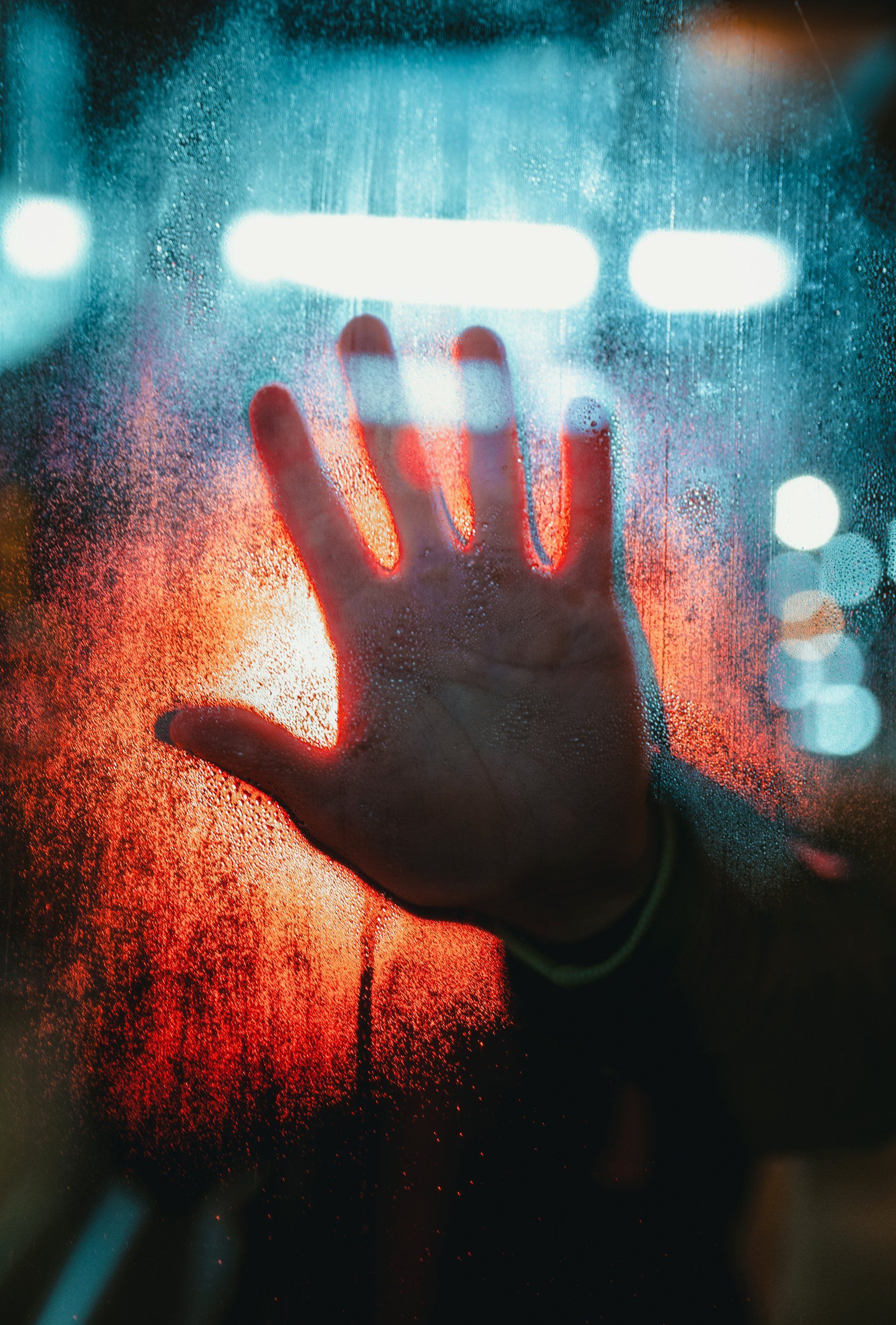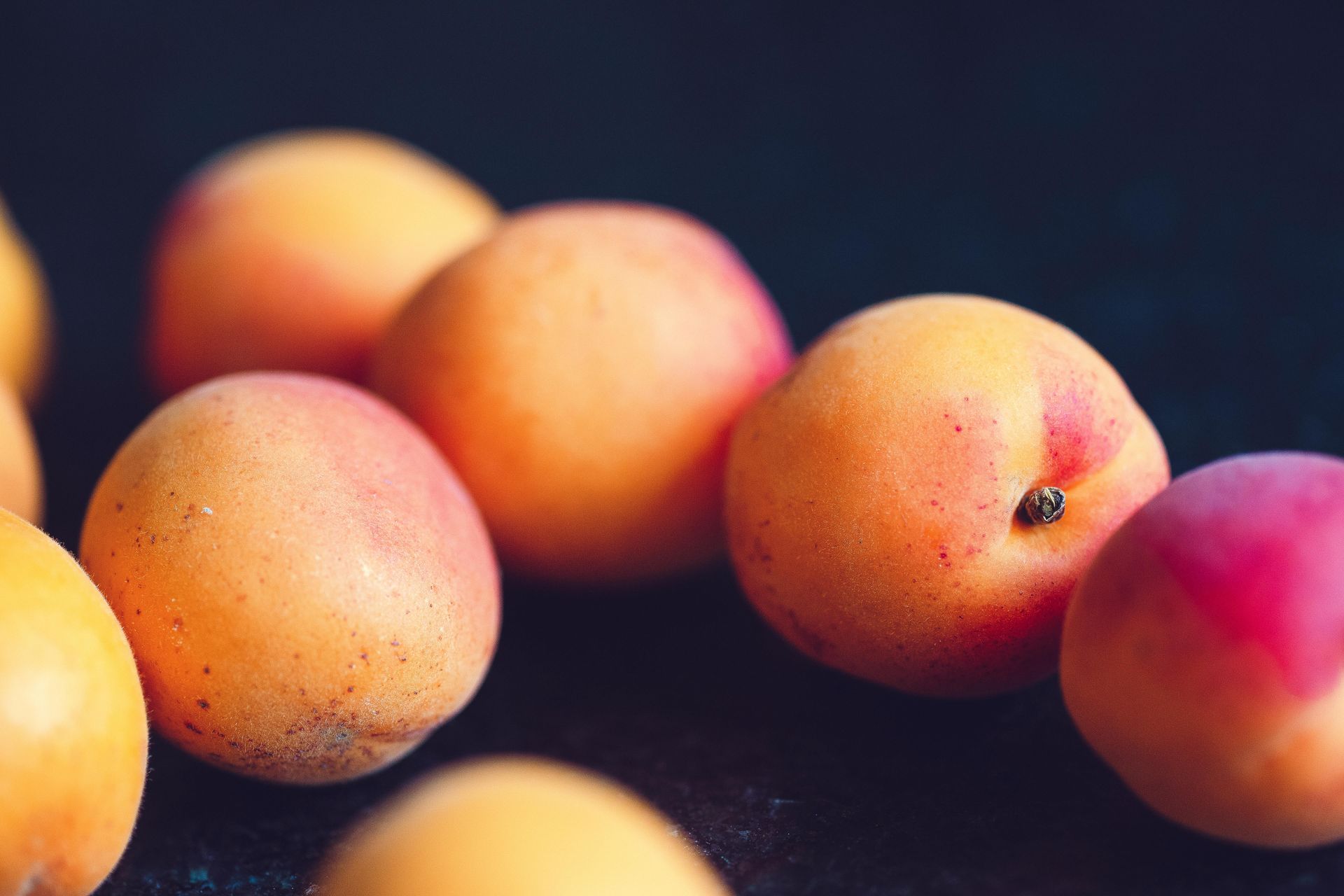The latest news on food hygiene
As experts in the innovative world of UVC sanitisation, we’re pleased to see the trend for commercial UVC disinfection growing fast. One of the most popular uses for the technology is in the food sector, covering the supply chain from end to end to keep consumers safe from food-borne diseases, infections and illnesses. Here’s the news.
‘Grim’ hotel food hygiene in 6 Liverpool city centre hotels
Earlier this month the Eurovision Song Contest packed Liverpool’s hotels to the rafters with revellers. Since then there has been a run of food hygiene ratings so bad they were described by the
Liverpool Echo as ‘grim’.
One hotel of the six handed a shocking zero out of five food hygiene rating was told in no uncertain terms to fix problems with food handling, preparation, cooking, reheating, cooling and storage, revealing how the entire chain was sub-standard therefore dangerous to consumers.
The moral of the story? If you run a hotel, it’s your job to keep food hygiene standards constantly high to keep the business going, attract consumers, and build a great reputation.
Is it time for England’s outlets to display their food hygiene ratings?
In Wales and Northern Ireland it is a legal requirement for businesses to show their food hygiene ratings in the window so passers-by can clearly see what’s what. In England it isn’t a legal requirement. Should it be?
With food hygiene being so important, we think so. And the government seems to agree. As the food.gov.uk website says, “We know that 97% of businesses across England, Wales and Northern Ireland have a rating of three or above and we know outbreaks of foodborne illness are less likely to occur at these premises than those which have a lower rating.”
Watford Borough Council slammed for keeping a food poisoning source secret
They’ve been called reckless, irresponsible, and stubborn. So what did Watford Borough Council do to deserve it? Following widespread reports about customers falling ill after eating at a local restaurant and takeaway, an investigation discovered 23 confirmed cases of Salmonella and 17 ‘probable’ cases linked to the premises.
The council decided not to name the outlet, instead keeping it quiet and infuriating local people. But the
local newspaper revealed the restaurant’s name in the interest of keeping consumers safe while the restaurant gets its act together.
How a hot summer increases the risk of food poisoning
There’s less risk of picking up a food-borne infection in cold weather, whether it’s from bacteria, a virus, fungus or parasite. Summertime brings ideal conditions for food borne pathogens to grow and flourish. Take bacteria like salmonella, E. coli, and listeria, all of which love warm environments and like to contaminate food that isn’t stored or cooked properly. At this time of year, more than any other, the best possible hygiene standards matter.
India suffers a run of terrible food poisoning events
Talking about hot weather... India is suffering a dramatic run of food poisoning events at the moment, thanks to a combination of the country’s climate and sub-standard food hygiene. In one incident 22 people were hospitalised. In another more than 100 wedding guests were floored by food poisoning, and a third saw 65 people, including pregnant women, taken ill. One particularly bad incident affected more than 150 people, 73 of whom were hospitalised.
The food hygiene market is booming
According to
Marketwatch, a global hike in food-borne illnesses and poisoning by contaminated food products, along with better consumer awareness around food safety, mean the global food safety testing market is set to boom, growing at a Compound Annual Growth Rate of more than 7.5% by 2025.
They also say that a severe lack of food control infrastructure in developing economies like India, along with the ‘complexity in testing techniques’ and a lack of government regulation, means market growth will be affected, despite increasing worldwide consumer demand for fresh and ‘appropriate’ food products.
Rely on clean, fast, effective UVC food sanitisation
UVC light at a special wavelength is proven to kill food-borne pathogens quickly and efficiently. Wherever the light touches, pathogens die. Our units make it easier to achieve the high hygiene standards demanded of the UK’s food sector, and because the light’s generated by LED bulbs they’re extremely energy-efficient and eco-friendly. If you’d like to keep your customers safe all year long, beat the competition and keep your reputation as a top player in the food industry,
let’s talk.










